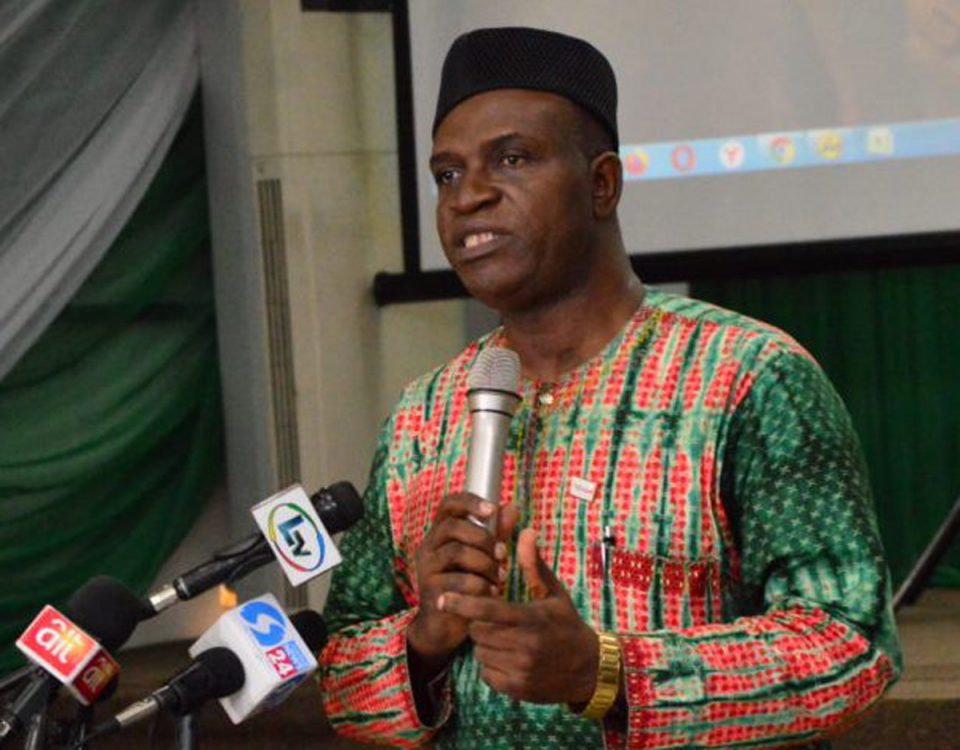The Manufacturers Association of Nigeria (MAN) has expressed concerns over its overall inventory of unsold products worth N420 billion for the first quarter of 2020.
Its acting Director-General, Mr Ambrose Oruche, made this known on Saturday in Lagos.
Oruche attributed the high amount of unsold inventory to low purchasing power, high cost of production and the ongoing COVID-19 pandemic, which he said had disrupted global market economies.
To effectively reduce the inventory of unsold items, he suggested that government should initiate policies that would strengthen the purchasing power of consumers.
This, he explained, would stimulate aggregate demand and deliberately support industries to reduce the production cost of manufactured products in the country.
The MAN acting DG also urged the enforcement of executive order 005 that encouraged government preference and patronage of made in Nigeria goods to address challenges of unsold inventory.
“As we know, the government is the biggest spender and if they can enforce the executive order on patronage, the sector will be greatly improved.
“Nigerians must also learn to have preference for indigenously manufactured goods compared to smuggled and substandard products that comes from abroad,’’ he said.
Speaking on the positives of the pandemic, Oruche said that Nigerians had been forced to buy local goods on account of the distortion in the global economy.
He said that information emanating from local manufacturers showed that government agencies maintained penchant for foreign products, even when local substitute of similar quality was readily available.
“This means that local patronage increased in the first quarter of the year.
“A lot still needs to be done to ensure that MDAs comply with the order 005 to galvanise industrial productivity through deliberate public spending.’’
Oruche also advised sustained implementation of the backwards integration policy to improve local sourcing of raw materials for manufacturing.
This, he explained, was essential to improving the manufacturing sector, which would engender industrialisation and economic development in spite of the coronavirus pandemic.
He revealed that in view of the backward integration policy of government, the recent change in the Forex market dynamics development, showed that manufacturers were daily increasing the intensity at which local raw materials were sourced for production.
“Therefore, the government needs to sustain the implementation of the backward integration policy by properly funding relevant institutions.
“Also, priority attention must be given to the development of local raw materials in commercial quantity and creating friendlier environment for investment on the value-chains of these materials that are not locally available at the moment.
“Furthermore, government needs to involve the private sector operators in the crafting and implementation of adjustment frameworks to deepen the backward integration efforts.
“Government must also ensure that the little gains made so far in the country’s industrialisation drive are sustained,’’ Oruche said




